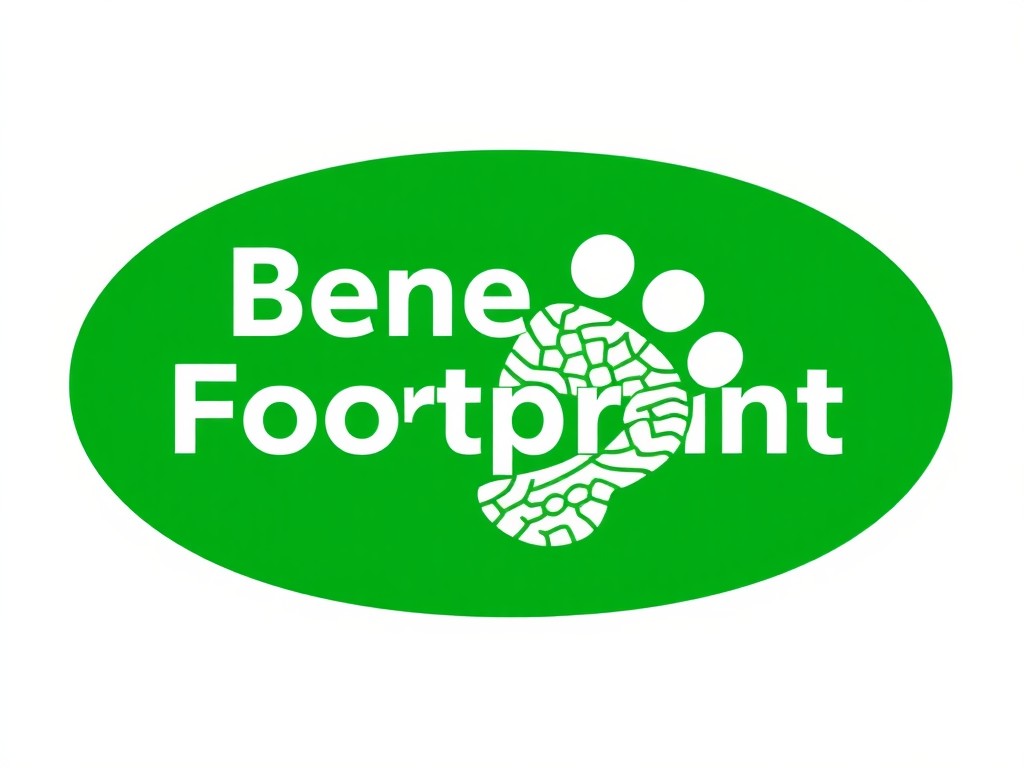Current State of Employee Turnover in London’s Tech Industry
The London tech industry is presently grappling with significant employee turnover, characterised by fluctuating turnover rates. These rates have surged in recent years, mirroring broader trends seen globally where tech professionals frequently change their employment due to attractive opportunities elsewhere. A closer examination reveals several key factors contributing to this phenomenon.
Firstly, the highly competitive nature of the tech sector in London presents continual challenges for companies to retain staff, with talent being aggressively pursued by rival firms both within and outside the capital. Employees often seek roles offering better compensation, work-life balance, and career advancement prospects. Additionally, the demanding market conditions, including economic uncertainties and the rapid evolution of technology, further exacerbate retention challenges.
Also read : Ensuring puwer inspection compliance: a practical guide
Moreover, many tech professionals express frustration over company culture and lack of growth opportunities. Firms struggling to adapt to changing employee expectations regarding flexible work arrangements and development programs find themselves at a disadvantage. These challenges necessitate a strategic approach to retention, focusing not only on immediate incentives but also on long-term organisational culture and employee satisfaction reforms. Understanding these dynamics is essential for tech companies aiming to stabilise their workforce in the ever-evolving market landscape of London.
Innovative Retention Strategies for Tech Companies
Tech companies in London confront the challenge of high employee turnover, but innovative solutions can enhance retention. Flexible work arrangements are pivotal in improving employee satisfaction. By offering remote work and flexible hours, companies cater to modern work-life balance demands. Such hybrid models can significantly impact productivity, allowing employees autonomy while maintaining engagement with the team.
Additional reading : Essential Strategies for Thriving Digital Transformation in UK Logistics Firms
Moreover, developing robust employee development programs is essential. Continuous learning and upskilling opportunities make roles more attractive, contributing to higher retention rates. Case studies from the sector highlight successful training initiatives linking career advancement with job satisfaction. Investing in employees’ professional growth not only fulfills personal aspirations but also aligns with company’s objectives, creating a mutual benefit.
Enhancing company culture remains a cornerstone in retention efforts. Building an inclusive workplace where recognition and appreciation are regular practices can boost morale. Fostering an environment that values employee feedback ensures that employees feel heard and valued, which directly supports retention. Adapting company values to reflect this feedback helps in cultivating a supportive and engaging culture, closing the gap between expectations and reality for employees. Such comprehensive strategies offer practical pathways for tech firms to retain talented professionals.
Benefits and Perks That Make a Difference
In the competitive London tech industry, offering compelling employee benefits and perks is imperative for enhancing retention. These elements not only affect job satisfaction but also significantly improve work-life balance.
Competitive Compensation Packages
Competitive compensation packages are crucial in attracting and retaining top talent. Among the industry benchmarks is ensuring transparency and fairness in pay structures. This involves offering salaries that align with the market standards, while also providing additional financial incentives like bonuses, stock options, and performance-based rewards. These incentives serve not only as motivation but also as recognition of an employee’s value to the company.
Health and Wellness Programs
Implementing robust health and wellness programs can greatly enhance overall employee productivity. By integrating mental health support and promoting physical activity, companies can cultivate a healthier work environment. Initiatives like subsidised gym memberships, workshops on stress management, and comprehensive health insurance plans are practical examples of such programs. The positive impact on employee well-being is measurable in reduced absenteeism and higher engagement levels.
Work-Life Balance Initiatives
Work-life balance initiatives are increasingly recognized as essential in fostering a supportive company culture. Successful policies from leading tech firms include flexible working hours, telecommuting options, and paid time off. Evaluating the effectiveness of these strategies is crucial, as they directly influence job satisfaction and retention.
Real-World Case Studies in London’s Tech Industry
Exploring case studies of successful employee retention efforts reveals valuable lessons for London tech companies. One standout case is that of a tech startup specialising in artificial intelligence. Facing high turnover, they implemented a series of retention policies, like personalised career paths and quarterly feedback sessions. These solutions significantly reduced attrition rates within a year, illustrating the impact of tailored strategies.
A mid-sized IT firm in London focused on inclusivity and well-being to tackle retention issues. By offering mentorship programs and promoting work-life balance through flexible hours, they witnessed a marked improvement in employee satisfaction. The approach highlights the necessity of aligning company culture with employee expectations.
Another key example includes a multinational firm with a comprehensive onboarding process ensuring new hires feel integrated from day one. Their program incorporates mentoring, initial skill development, and cultural immersion. Such measures demonstrate the importance of supporting employees from the onset, setting a foundation for retention.
These case studies not only underscore the challenges faced by tech firms but also present transferable strategies. By embracing innovation and empathy in their approaches, companies can enhance employee experiences and significantly improve retention rates.
Expert Opinions on Employee Retention
In the London tech industry, expert insights shed light on effective employee retention strategies. Interviews with industry leaders and HR specialists emphasise the need for comprehensive approaches to address current retention challenges. These experts underscore that successful retention begins with understanding and adapting to emerging trends.
An HR specialist suggests focusing on personalised employee experiences, emphasising that customisation of career paths and benefits can significantly impact retention. Tailoring opportunities according to individual aspirations fosters stronger employee-company alignment and satisfaction.
Industry leaders strongly advocate for maintaining open communication channels. Regular feedback sessions and transparent dialogues between management and employees can bridge perception gaps, enhancing trust and retention. This approach aligns organisational goals with employee expectations, promoting a cohesive workplace environment.
Another critical insight from experts is the emphasis on integrating wellness programs. These initiatives address physical and mental well-being, contributing to a holistic work environment where employees feel supported. Implementing comprehensive wellness programs can lead to reduced stress levels, improving both job satisfaction and retention.
By adopting these strategies, tech firms are better equipped to navigate retention challenges effectively. Recommendations focus on sustainable, long-term strategies, ensuring retention rates remain high amid evolving market dynamics.











